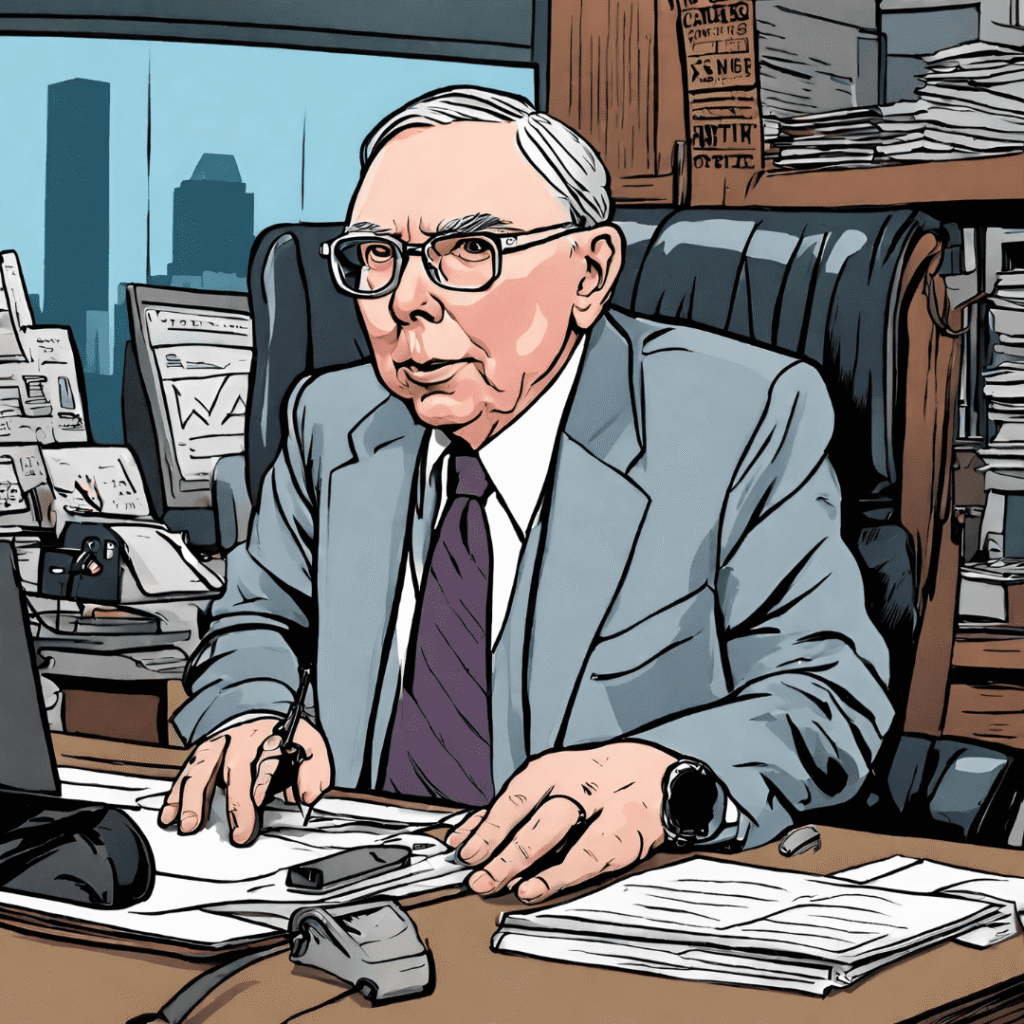When I was young, my dad constantly thrust a book in front of my nose, Stop Thinking and Start Living by Richard Carlson.
I used to think that having a book based on this subject was somewhat at odds with the idea of focusing on living.
Why should we spend any time considering the quality of our lives – surely what will be important will rise to the top, and you’ll naturally prioritise the aspects of life that yield the greatest reward.
Oh how wrong I was.
But how do we identify the aspects of our lives that grant us the greatest rewards? I was listening recently to a Modern Wisdom podcast with the marketer, Kyle Eschenroeder.
To be honest, I had not heard of him before, but I thought that he had an intriguing take on our day-to-day desires and how we need to consider, not what we want but what we want to want.
Why Should we not Pursue What we Want?
Modern society has a great deal of noise.
I think back in our human history, and I can imagine many people having more time to sit with themselves.
Imagine if you will, in our early history an early human, after hunting a mammoth in the vast plains, sitting on a rock and calmly reflecting on the nature of existence.
In modern life, it is challenging to find space. Even when I was on holiday recently in Portugal, I still had some work to attend to. I couldn’t completely switch off.
We are bombarded with stimulus.
Society programs us. Controls us. In the Age of AI, I only see the attempts to control our behaviour become more sophisticated.
When I entered university to study philosophy, I encountered many philosophical strands of thought, and in moral and political philosophy a key notion that rises above everything else is the concepts of happiness and pleasure.
Happiness and pleasure, however, are multifaceted notions.
For instance, if we wanted to give people maximal happiness, and this idea of happiness was centred around physical pleasure, we would completely disband the notion of family life, proceed to a public square and engage in orgiastic behaviour.
A philosopher who highlighted the important distinction in how we can understand what we desire was Aristotle with his notion of eudaimonia, which is set against the concept of hedonic pleasure.
Hedonic Pleasure vs. Eudaimonic Well-being:
- Hedonic Pleasure focuses on the pursuit of immediate gratification and sensory pleasures. It’s about maximising pleasure and minimising pain in the short term, often linked with material wealth, comfort, and physical enjoyment.
- Eudaimonic Well-being is about long-term fulfilment through living a life of purpose, virtue, and meaning. It emphasises personal growth, relationships, and contributing to something greater than oneself, leading to deeper, lasting happiness.
In summary, hedonic pleasure is about feeling good in the moment, while eudaimonic well-being is about living well in a way that leads to a meaningful and fulfilling life.
What You Want to Want
When you start thinking about what you want to want, you move beyond just reacting to whatever catches your eye in the moment. Instead of just chasing the nearest thrill, you start aligning your desires with something deeper—your values, goals, and the kind of life you truly want to live. If you have trouble reflecting, you might want to try these 5 strategies out!
For example, rather than just thinking about how good it would feel to sleep with that beautiful woman or how tasty that doughnut might be, you begin to consider what these actions mean for you in the long run.
Sure, they might bring some quick satisfaction, but do they contribute to anything meaningful? Do they help you become the person you want to be?
By reflecting on whether your impulses match up with your deeper values, you stop being a slave to fleeting pleasures. You start living more intentionally. You may want a sense of purpose, lasting relationships, or a healthier lifestyle.
In the end, thinking about what you want to want isn’t just a philosophical exercise—it’s a way to live a life that’s more aligned with who you truly are. It’s about making choices that bring real satisfaction, not just momentary pleasure.
A question I like to ask myself sometimes is, will I look back on this decision or moment with satisfaction on my deathbed?
A Quick Summary of the Eschenroeder’s blog post
Kyle Eschenroeder wrote a detailed guest post on The Art Of Manliness about this. Here is a bullet-point summary of this post :
- Aligning Your Desires: Focus on wanting what’s right and not straying from that path (Seneca). Avoid the trap of chasing things that don’t truly make you happy (Proust).
- Blind Pursuit: Following desires blindly makes you a slave to impulses, societal norms, and external influences. This leads to an unfulfilled life driven by others’ expectations.
- Reprogramming Desires: We can change our default desires by consciously choosing what we want. Otherwise, we risk becoming successful but unfulfilled.
- Understanding Your True Wants: To avoid unhealthy goals set by others, ask yourself, “What do I truly want?” This helps in realigning your life with meaningful objectives.
- Direct Experience: Don’t rely on imagination alone—experiment and experience things firsthand to understand what you genuinely want. Direct experience reduces illusions and aligns desires with reality.
- Community and Influence: Surround yourself with people who want similar things. This helps reinforce your desires and shields you from external pressures.
- Action Over Abstraction: Prioritise action to form habits that align with your true wants. Develop internal scorecards to measure your success based on personal goals, not societal standards.
- Conscious Constraints: Engage with communities or practices that reinforce your chosen desires and values. Be selective about who you spend time with to protect your growth.
The key takeaway is to consciously choose and refine what you want in life, through action, reflection, and community, rather than passively following default desires dictated by others.
Conclusion
In reflecting on what we “want to want,” I’ve realised that true satisfaction doesn’t come from simply chasing after every fleeting desire.
It’s about aligning our actions with deeper values that bring lasting meaning and fulfilment.
In a world filled with distractions, it’s easy to be driven by superficial pleasures, but the challenge—and the reward—lies in consciously choosing the desires that truly matter.
By taking time to evaluate what we genuinely want in life, we move closer to living with purpose, rather than just existing on autopilot.


